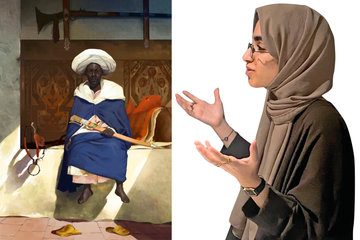
In My Grief Is Not Like Yours: Learning to Live After Unimaginable Loss, A Daughter’s Journey, Theo Boyd writes with honesty and raw emotion about the day that started the contagion of devastating events that would leave her “without hope, without purpose, without direction.” After the terrible shock and pain of losing her Momma, losing her father and losing her marriage, Boyd began writing.
“I had to record my thoughts, questions, feelings, and fears,” she shares. “I needed to read something that hit me as hard as I had been hit.”
My Grief Is Not Like Yours interweaves the story of Boyd’s struggle with complicated grief — the type of heavy, lingering grief that comes after an unexpected, unspeakable loss — with a tribute to her extraordinary parents, both native Texans, and their devotion to each other.

In an interview, Boyd can add some heartfelt advice from a person who lived through extraordinary grief, and can offer the following five survival tips to manage grief during the holidays:
- Keep their memory alive by sharing stories, making their favorite holiday dishes or simply taking the time to let someone know that you will not forget their loss.
- Get professional advice (not the unsolicited advice of those around you). Find a professional person to talk to who specializes in your specific type of grief or situation. (Chapters 3 & 4)
- Give yourself grace to manage the holiday season. If you do not think you can entertain like you always have, don't. Believe it or not, people will understand. Give yourself the time you need to rest, reflect and repair. (The intention I had in writing this book. Chapter 12)
- Just journal it! I find that writing helps me heal. In my book, I have an exercise called 100 Things. Write down 100 things (or fewer) about the person you are missing or the situation with which you are struggling.
- Just sit with someone. You do not have to say a word. We underestimate the power of our presence. (Chapter 13)
By talking openly about the emotional and mental aftershocks of loss, survivor’s guilt, fear of death, and suicide in My Grief Is Not Like Yours, Theo Boyd offers her readers comfort in knowing that in grief they are not alone, and, like her, they will find joy again.

















